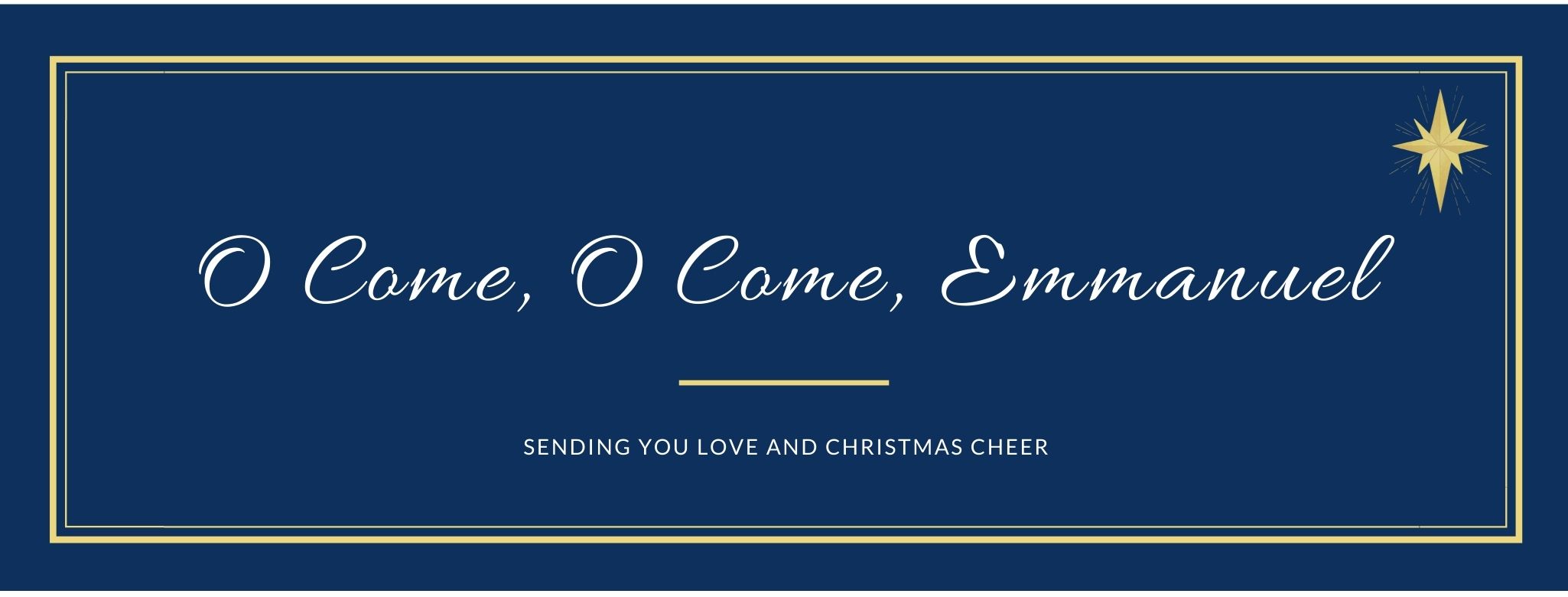
By Emily Schmid – Director of Liturgy and Music
The Liturgy of the Hours is a prayer tradition of the Catholic Church prayed every day by priests, religious, and some lay faithful. We are all invited to pray this daily prayer, but it remains a relatively unknown prayer of the Church. The Liturgy of the Hours focuses on scripture and mainly the psalms. People who pray morning, evening, and night prayer (and even some prayers in between) sustain the Body of Christ in fervent and constant prayer. With the Liturgy of the Hours and the celebration of Mass, the Church is in prayer throughout the world every hour of every day.
A characteristic of praying the psalms in the Liturgy of the Hours are the antiphons. Just like at Mass, the psalmist proclaims an antiphon between verses of the psalm. An antiphon accompanies each psalm and hymn in the Liturgy of the Hours. The Church uses these antiphons to mark the liturgical year, and especially during the Advent season. An ancient tradition is to incorporate the “O Antiphons” before and after reciting the canticle of Mary (the Magnificat found in Luke 1) during evening prayer. These antiphons are based on Isaiah’s prophecies and refer to the different ancient titles given to the Messiah. These titles are:
O Sapientia (O Wisdom) See Isaiah 11:2–3; 28:29.
O Adonai (O Lord) See Isaiah 11:4–5; 33:22.
O Radix Jesse (O Root of Jesse) See Isaiah 1:1; 11:10.
O Clavis David (O Key of David) See Isaiah 9:6; 22:22.
O Oriens (O Rising Sun) See Isaiah 9:1.
O Rex Gentium (O King of the Nations) See Isaiah 9:5; 2:4.
O Emmanuel (God with us) See Isaiah 7:14.
The antiphons are prayed December 17-23 and mark the coming of our Lord on Christmas Day. Most commonly recognized through the song “O Come, O Come, Emmanuel,” these small prayers act as a guide and a reminder of who we are welcoming into the world on December 25th. They point us towards the true meaning of Christmas, which is that God came into the world as the person of Jesus Christ.
Families and households can incorporate the antiphons into their prayer life by praying them in the Liturgy of the Hours or adding them at the end of their meal and daily prayers. I encourage everyone to find your favorite version of “O Come, O Come, Emmanuel” and sing it every evening before bed. I have included my favorite rendition in the resources.
Peace be with you all this week as we head into Christmas Day. Until then, Come, Lord Jesus, Come!
Resources:
IBreviary
Emily’s Favorite Version of “O Come, O Come Emmanuel” by Sufjan Stevens
Acknowledgements:
Loyola Press article on the O Antiphons:
https://www.loyolapress.com/catholic-resources/liturgical-year/advent/about-advent/what-are-the-o-antiphons/
“What are the ‘O Antiphons’” by Fr. William Saunders
https://www.catholiceducation.org/en/culture/catholic-contributions/what-are-the.html
